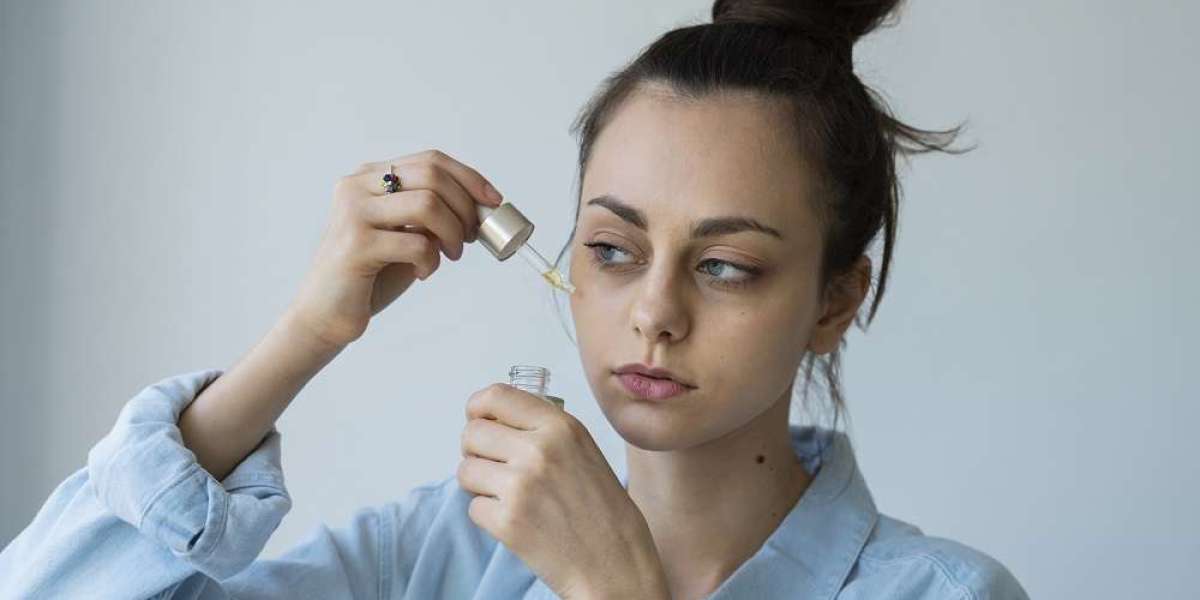The world of skincare ingredients is full of complex names, and phenoxyethanol is one that often sparks questions. You’ll find it in everything from moisturizers and cleansers to sunscreens and serums—but what exactly is it? Is it safe? And are there better alternatives?
Let’s break down everything you need to know about phenoxyethanol for skin—what it does, its safety profile, and what to consider if you're looking for alternatives.
What Is Phenoxyethanol?
Phenoxyethanol is a synthetic preservative used in cosmetics, skincare, and personal care products to prevent the growth of harmful microorganisms such as bacteria, yeast, and mold. It helps extend the shelf life of products—especially those containing water—and ensures they remain safe to use.
Although phenoxyethanol can be found in nature (in small amounts in green tea), the version used in skincare is lab-made to ensure stability and purity.
How Is Phenoxyethanol Used in Skincare?
In most products, phenoxyethanol is used at concentrations below 1%, which is considered safe by global regulatory bodies. Its effectiveness as a preservative makes it especially useful in:
Moisturizers
Serums
Toners
Baby products
Sunscreens
Makeup
It’s often combined with other preservatives like ethylhexylglycerin for broader antimicrobial coverage.
The Benefits of Phenoxyethanol
Here’s why it’s commonly used in skincare:
✅ Prevents product contamination by bacteria and mold
✅ Extends shelf life of water-based products
✅ Non-paraben alternative, appealing to brands avoiding controversial preservatives
✅ Stable and effective over a wide range of temperatures and pH levels
✅ Rarely causes reactions in most people at low concentrations
Risks and Side Effects
While phenoxyethanol is generally safe for most users, it’s not without potential risks—especially for those with sensitive or allergy-prone skin.
Possible Side Effects:
Mild skin irritation (redness, itching)
Eye irritation if applied too close to the eyes
Allergic contact dermatitis (in rare cases)
It’s important to note that adverse reactions are typically associated with higher concentrations, or in individuals with compromised skin barriers (such as eczema).
What the Experts Say
Most dermatologists and toxicologists agree that phenoxyethanol is safe when used as directed, especially at or below the 1% concentration found in cosmetics. It’s approved by the U.S. FDA, the European Commission, and Japan’s Ministry of Health for cosmetic use.
Who Should Avoid Phenoxyethanol?
You might want to avoid or limit phenoxyethanol if you:
Have a history of allergic reactions to preservatives
Suffer from eczema, rosacea, or highly sensitive skin
Are looking for preservative-free or ultra-clean skincare options
In such cases, doing a patch test is a wise precaution.
Alternatives to Phenoxyethanol
For those who prefer to avoid phenoxyethanol, there are several alternative preservatives used in skincare, including:
1. Ethylhexylglycerin
A popular alternative with moisturizing properties, often used alongside or instead of phenoxyethanol.
2. Sodium Benzoate
Common in natural skincare; effective against yeast and fungi, but less so against bacteria.
3. Potassium Sorbate
Used in many “natural” formulations; effective in low pH products but may not protect against all microbes on its own.
4. Leuconostoc/Radish Root Ferment Filtrate
A natural preservative alternative derived from fermented radish roots, with some antimicrobial benefits.
5. Preservative-Free Systems
Some products use airless packaging, anhydrous formulations (no water), or single-use capsules to reduce the need for preservatives altogether.
⚠️ Note: While these alternatives are marketed as “cleaner,” they often come with trade-offs in effectiveness, stability, or skin compatibility.
Final Thoughts
Phenoxyethanol is a widely used, effective, and generally safe preservative that helps keep your skincare products fresh and free from contamination. While it may cause mild irritation in a small number of users, it is far less harsh than many of the preservatives it has replaced.
If you have sensitive skin or prefer more natural products, there are alternatives—but always weigh the pros and cons, and consult with a dermatologist when in doubt.


